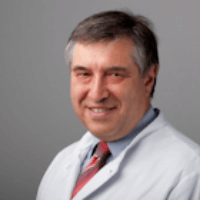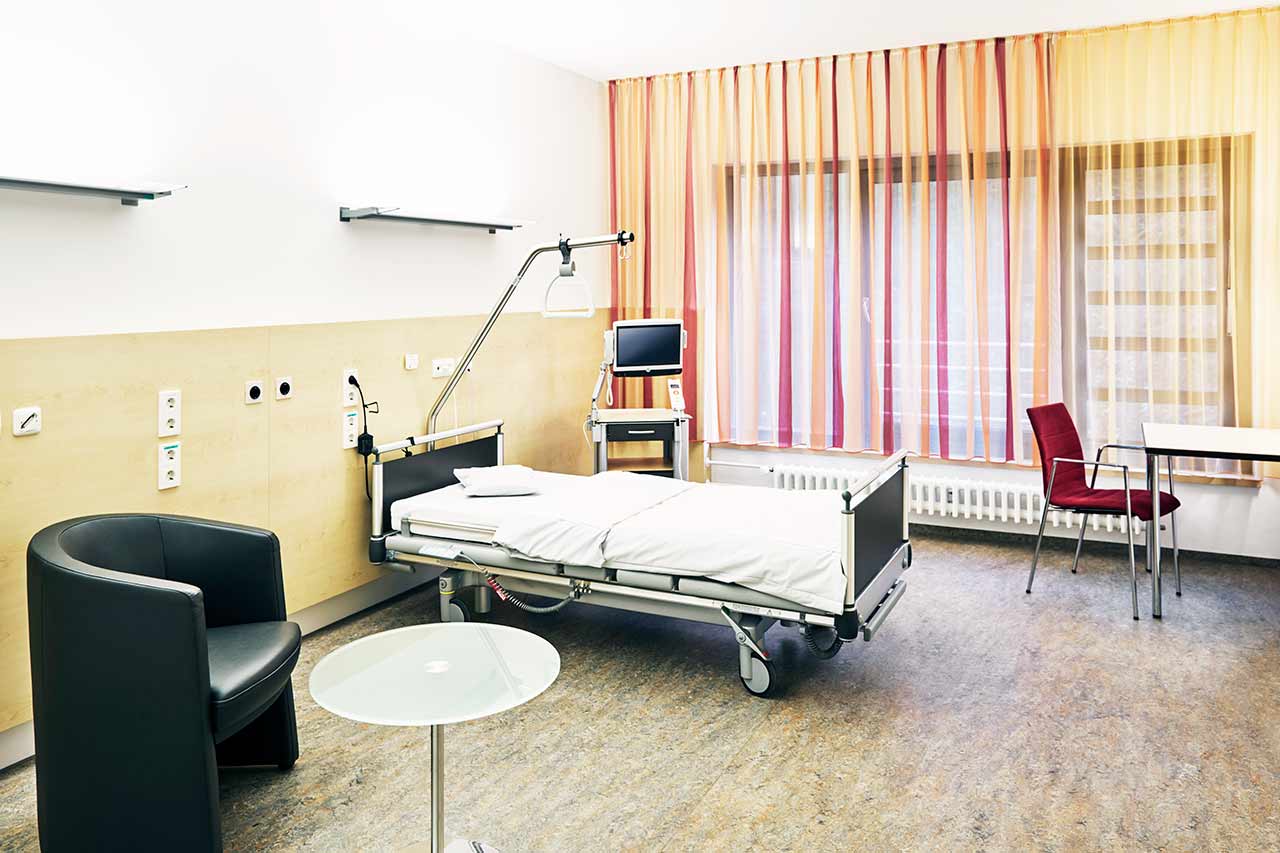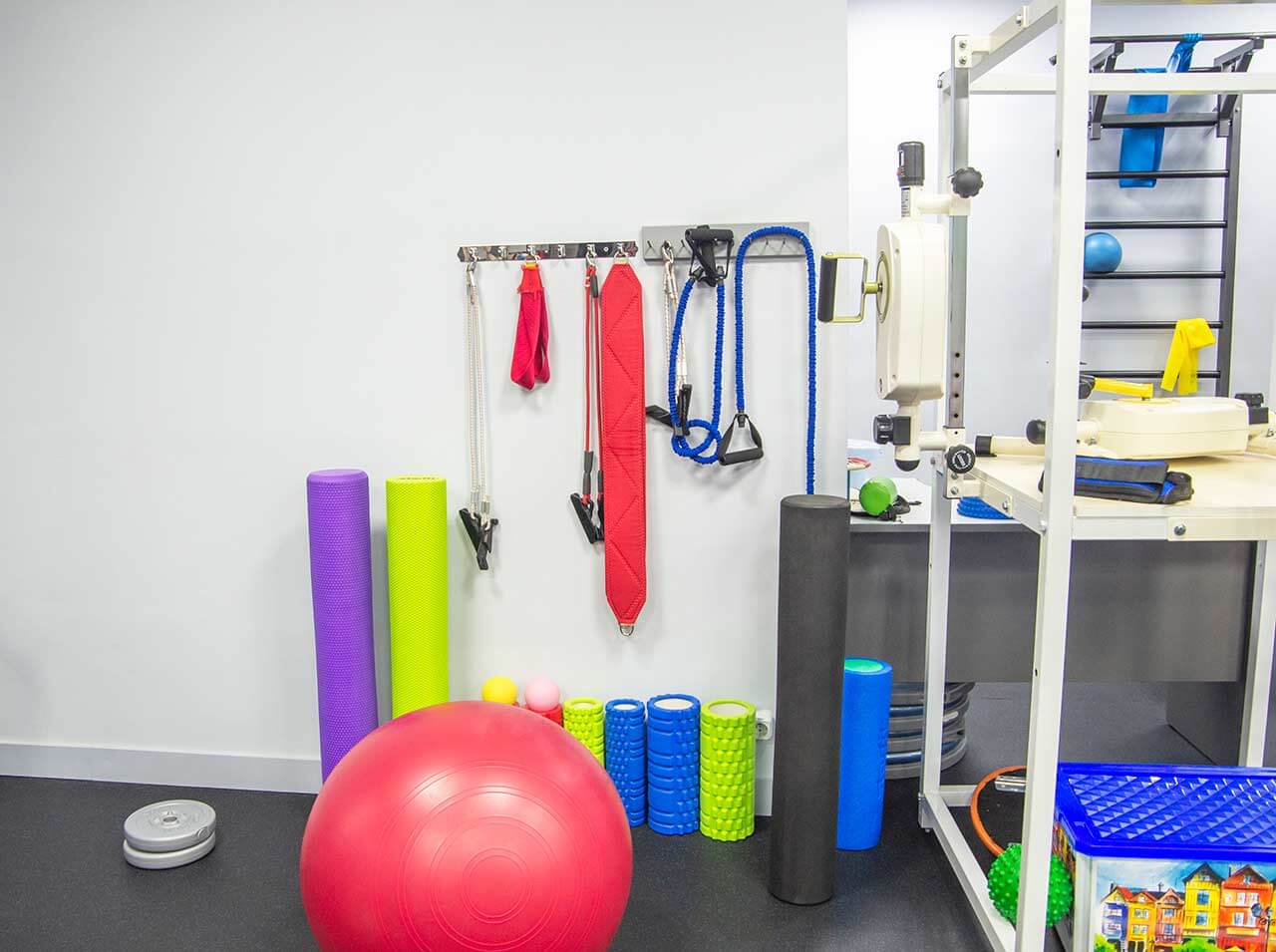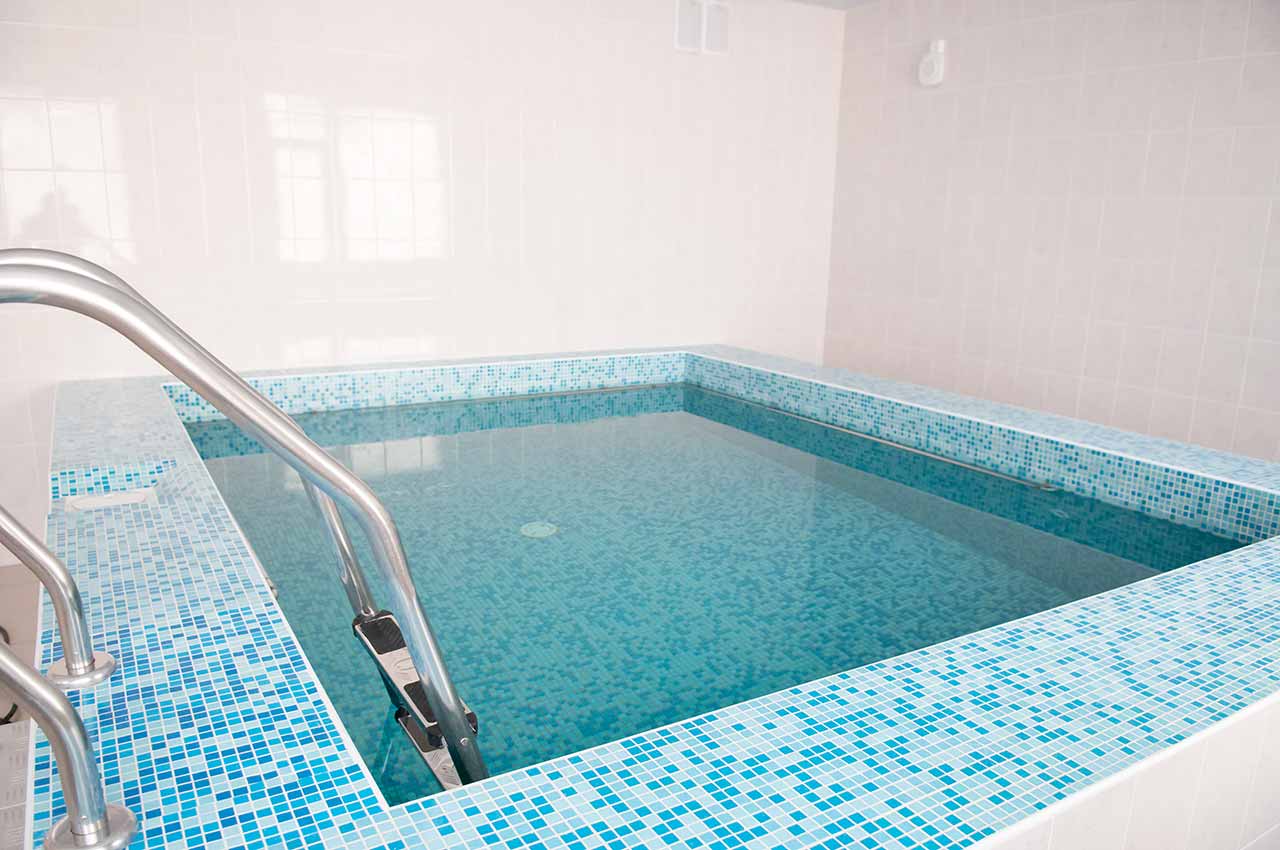
The program includes:
- Primary presentation in the clinic
- medical history, including family history
- complex neurological and orthopedic examinations
- CT / MRI / X-ray examination
- complex neurophysiological examinations
- individual rehabilitation program, which includes:
- propriozeptive neuromuskuläre fazilitation (PNF)
- transcranial magnetic stimulation (TNS)
- orofacial stimulation of Castillo Morales
- functional propriotrening
- various methods of respiratory gymnastics
- Wii Fit training in the use of the balance
- neuropsychological therapy
- functional therapy of the upper extremities (ArmeoSpring)
- functional electrical stimulation / neurostimulation
- kinesitherapy (physiotherapy)
- biocontrol with feedback
- healing deep muscle massage
- neuromuscular electrostimulation
- acupuncture of spasticity and pain syndromes
- occupational therapy
- psycho-educational classes
- logopedia in the language of the patient
- Individual physiotherapy
- microcurrent treatment
- fangotherapy / cryotherapy
- antispasmodic drug therapy
- mobilization of limb joints
- hydrotherapy / massage therapy / reflexology
- training on special trainers
- and etc.
- nurses care
- stay in the hospital with full board
- symptomatic and drug therapy
Service
You may also book:
 BookingHealth Price from:
BookingHealth Price from:
About the department
The Department of Neurological Rehabilitation at the Clinic MediClin Bad Orb offers rehabilitation programs for patients with neurological diseases, as well as conditions after neurosurgical interventions. The specialists of the department deal with the treatment of all neurological pathologies, in which conservative therapies are effective. Early rehabilitation in phase B prevents the development of complications and successfully prepares the patient for the further recovery. The continuation of rehabilitation in phase C allows the patient to become independent and not to depend on the outside help in the future. The Chief Physician of the department is Dr. med. Elmar Ginzburg.
The department specializes in classical early neurological rehabilitation, that is, the treatment of patients in phase B. Such patients often still have severe symptoms, they are severely limited in their daily activities and depend on the help of nursing staff and therapists. The intensive care phase can be completed, but still intensive monitoring may be necessary in the beginning. The patients may be in a state of wakeful coma and breathe through a tracheostomy tube. Sometimes such patients can take an active part in therapy. Therefore, in addition to intensive medical therapy, great attention is also paid to long-term therapeutic treatment and care.
The department also treats patients in phase C, who also need comprehensive medical care (for example, in care of postoperative wounds). In cooperation with the Offenbach Hospital, there was developed a program that offers intensive and rehabilitative therapy "from a single source".
Another focus of the department is neuro-orthopedics. Within the framework of the specialized center, patients with combined neurological and orthopedic diseases undergo rehabilitation. Neuro-orthopedic treatment is based on an interdisciplinary therapeutic approach.
In addition, in collaboration with the Offenbach Hospital, there was created the specialized Stroke Center. This center offers comprehensive treatment for stroke patients – from intensive care in an acute stage of the disease to rehabilitation.
Indications for neurological rehabilitation:
- Consequences after a stroke or a brain hemorrhage
- Condition after traumatic brain injury
- Oncological diseases of the central nervous system and conditions after interventional procedures (surgery, irradiation or cytotoxic therapy)
- Multiple sclerosis
- Parkinson's disease
- Neurodegenerative diseases
- Disorders of the peripheral nervous system due to polyradiculitis or mechanical damage to the nerve tract
- Epileptic syndromes, if intensive therapy is not required
- Muscular dystrophy
- Conditions after inflammatory diseases of the nervous system
- Neurogenic pain syndromes (migraines, other headache syndromes, neuropathic pains)
- And other diseases
Special indications:
- Swallowing disorders due to neurogenic effects (for example, after a stroke, in degenerative systemic diseases, etc.)
- Neuropsychological disorders
- Acquired articulation and speech disorders (aphasia, dysarthria)
- Within the framework of the Center for Neuro-Orthopedics
- Infantile cerebral palsy
- Malformations with neurological and orthopedic manifestations
- Radicular syndrome
- And other diseases and syndromes
Curriculum vitae
- 1977 Doctor of Medicine, Riga Medical Institute in Latvia.
- 1981 Admission to medical practice in Germany.
- Doctoral thesis defense in the Center for Psychiatry at the Johann Wolfgang Goethe University Frankfurt. Thesis topic: "Sleep disorders in patients with neurological and orthopedic diseases at the rehabilitation stage".
Professional Career
- 1981 - 1983 Advanced training, Medical Specialist in Psychiatry, Hospital at the Johann Wolfgang Goethe University Frankfurt.
- 1983 - 1988 Advanced training, Medical Specialist in Neurology, Nordwest Clinic, Frankfurt. Additional qualification in Intensive Medicine.
- 1988 - 2002 Leading Senior Physician of the Department of Neurology, Rehabilitation Clinic Bad Orb. Advanced training, Medical Specialist in Physical Medicine and Rehabilitation. Additional qualification in Rehabilitation, Geriatrics, Physiotherapy and Balneology.
- 2002 - 2007 Chief Physician at the Neurological Rehabilitation Clinic Bad Camberg. Additional qualification in Social Medicine. Certified Expert of the German Society of Neurology.
- Since 2007, Chief Physician of the Department of Neurological Rehabilitation at the Rehabilitation Clinic MediClin Bad Orb. Teacher in Psychiatry, Orbtalschule (Training College for Health Professionals), Bad Orb.
Memberships
- German Society of Neurology (DGN).
- Working Group on Neurology of the German Society of Neurology.
- Working Group on Botulinum Toxin Treatment (DGN).
- German Society of Neurological Rehabilitation.
- German Society of Clinical Neurophysiology and Functional Imaging.
- Association for the Development of Neurological Sciences, Frankfurt.
Photo of the doctor: (c) Kantpraxis
About hospital
The Rehabilitation Clinic MediClin Bad Orb is one of Germany's leading clinics in the field of neurological rehabilitation. The clinic specializes in early rehabilitation (phase B) and the next phase C. The doctors of the medical facility rank among the top German doctors in the field of neurological rehabilitation.
Treatment is based on a complex medical and psychosocial approach. The specialists of the clinic are not limited to eliminating the symptoms of diseases or isolated functional disorders and their consequences. A key focus is also placed on the restoration and improvement of both functions and skills needed in everyday life, return to the social environment and professional activities, as well as a healthy lifestyle. The clinic provides a variety of assistance and further support after inpatient treatment.
In addition, the clinic specializes in the treatment of patients with traumatic brain injuries of any origin, aphasia and swallowing disorders, as well as provides treatment in the field of osteology. The development of individual programs for follow-up outpatient care completes the service range and makes the clinic a competent medical center for specialized rehabilitation and prevention.
Photo: (c) depositphotos
Accommodation in hospital
Patients rooms
The patients of the Rehabilitation Clinic MediClin Bad Orb live in comfortable single and double patient rooms. The patient rooms are very spacious and bright, fitted with an ensuite bathroom with a shower and a toilet. In addition, there are specially equipped rooms for people with disabilities and wheelchair users. All patient rooms are also equipped with a flat-screen TV, telephone and wireless internet, which can be used at an extra charge.
Meals and Menus
The patients of the clinic are offered a healthy, varied and tasty food. The menu features local and international cuisine. Breakfast and dinner are served in the form of a buffet, for lunch one can choose from three different dishes, including vegetarian ones. Also, for lunch, one can try various soups, fresh salads and delicious desserts. The competent dieticians of the clinic are always ready to consult on nutrition.
On the territory of the clinic there is a cafeteria where one can drink a cup of hot tea or coffee with an appetizing cake, have a snack with salads and other light snacks.
Further details
Standard rooms include:




